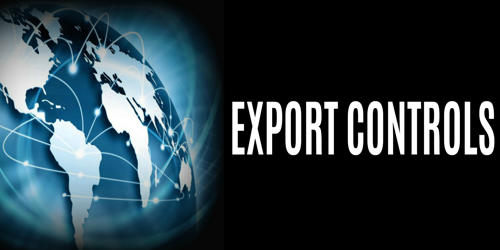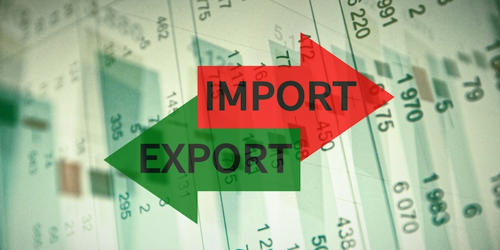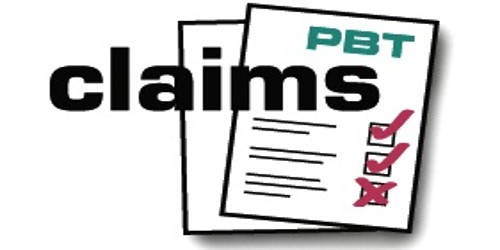Export control regulations are federal laws that prohibit the unlicensed export of certain commodities or information for reasons of national security or protection of trade. Export control is an area of legislation that regulates the export of goods, software, and technology. The scope of export-controlled items is very broad and includes, but is not limited to, equipment, software code, chemical and biological materials, and technical data. Some items could be potentially useful for purposes that are contrary to the interest of the exporting country. These items are considered to be controlled. The controlled items are prevented to some degree from being sent to destinations where it is perceived they will be used in a harmful way. Export control regulations are intricate and involved. Penalties and fines imposed for export control violations are severe and can include criminal, civil, and administrative charges.
The term “export controls” export stamp typically refers to regulations overseen by several federal agencies, especially the Departments of State, Commerce, and Treasury, that implement federal laws put in place to protect national security, promote foreign policy, and in some cases to control short supplies. Export controls usually arise for one or more of the following reasons:
- The nature of the export has actual or potential military applications or economic protection issues.
- Government concerns about the destination country, organization, or individual.
- Government concerns about the declared or suspected end use or the end-user of the export.
Many governments in the world implement Export Controls. Export controls apply to virtually all fields of science and engineering and restrict both physical shipments and electronic transmission of information. Typically there will be legislation that causes potential exporters of controlled items to make a request to a local government department, and that department will assess the desired exports and either grant or deny licenses as appropriate. The regulations govern the international transfer of military and most commercial items, including software and technical information, and certain services. These laws and regulations, which include international sanctions programs, also restrict activities within certain countries and with designated institutions, entities, and individuals, even if no controlled items are involved. These laws apply to all activities – not just sponsored research projects.
In export control regulations, there are several meanings which include any of the following:
1) actual shipment of any covered goods or items;
2) the electronic or digital transmission of any covered goods, items or related goods or items;
3) any release or disclosure, including verbal disclosures or visual inspections, or any technology, software or technical data to any foreign national; or
4) actual use or application of covered technology on behalf of or for the benefit of any foreign entity or person anywhere.
















